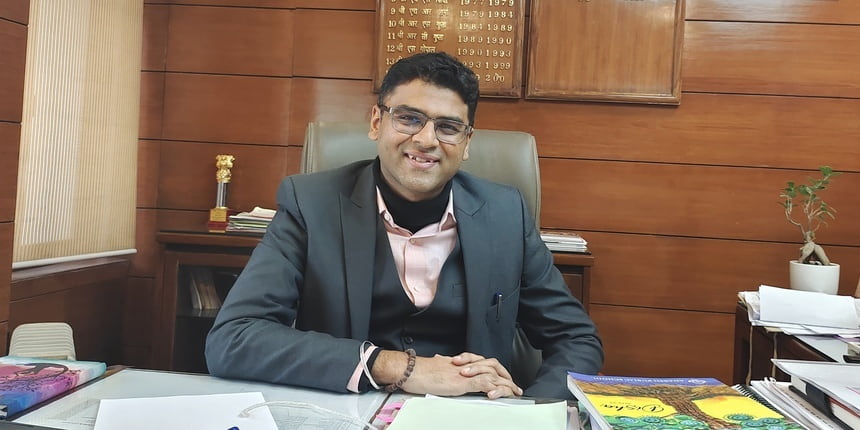CBSE: 10-member panel to study board’s ‘globalisation prospects’; report soon
Shradha Chettri | June 14, 2024 | 11:35 AM IST | 2 mins read
The CBSE board set up its Dubai centre in February 2024 and has 257 affiliated schools abroad. It is now exploring further expansion.

NEW DELHI: With its Dubai centre functional and officials from regional centres ready to join it, the Central Board of Secondary Education (CBSE) is now more serious than ever about international expansion. In May, 2024, the department of school education and literacy, ministry of education set up a 10-member committee to examine the possibility of global expansion of CBSE.
The committee headed by the CBSE secretary has representatives from the ministry, board, National Council of Educational Research and Training (NCERT), Educational Testing Services (ETS) and private schools.
“Evaluate CBSE’s brand value and organisational capabilities to explore globalisation prospects and compete with international education boards. Identify steps to position CBSE as an academic destination for non-Indian students by offering customised curricula for non-STEM disciplines while retaining core STEM components” – these are some of the terms of the reference for the committee.
Also read Parity between CBSE, state 10th, 12th board exams by 2026: NCERT’s PARAKH
The CBSE board launched its Dubai centre earlier this year.
CBSE: 257 schools abroad
CBSE secretary, Himanshu Gupta added, “We are closely studying the international boards to learn about the best practices. We are also exploring the possibility of expanding to countries in the global south. The committee is also exploring opportunities for collaboration and mutual recognition of certifications to facilitate further students and global mobility.”
At present, the board has 257 schools abroad, with 5.5 lakh students. In 2007, it had about 87, which increased to 199 in 2014. The largest cohort of CBSE schools are in the United Arab Emirates at 107, followed by Saudi Arabia at 38. The other CBSE schools are in different African countries; there are two in Japan and four in Singapore.
Earlier Gupta had also said that the board is also in the process of developing an international curriculum and framework and looking to expand in Africa and Middle-Eastern countries. The National Education Policy, 2020 (NEP 2020) also focuses on internationalisation of education in India, by making the Indian education system self-reliant and compliant to global standards and norms which would enable India to attract a greater number of students from abroad.
The committee has been asked to submit a report along with recommendations and detailed action plan by June 15, 2024.
Follow us for the latest education news on colleges and universities, admission, courses, exams, research, education policies, study abroad and more..
To get in touch, write to us at news@careers360.com.